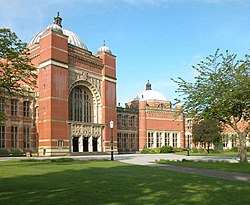This article has multiple issues. Please help improve it or discuss these issues on the talk page . (Learn how and when to remove these messages)
|

Patricia Lewis (born 1957) is a British and Irish nuclear physicist and arms control expert, who is currently the research director for international security at Chatham House. [1] She was previously the senior scientist-in-residence and deputy director at the James Martin Center for Nonproliferation Studies at Monterey Institute of International Studies (MIIS). She was previously the director of the United Nations Institute for Disarmament Research (UNIDIR) and the director of VERTIC.
